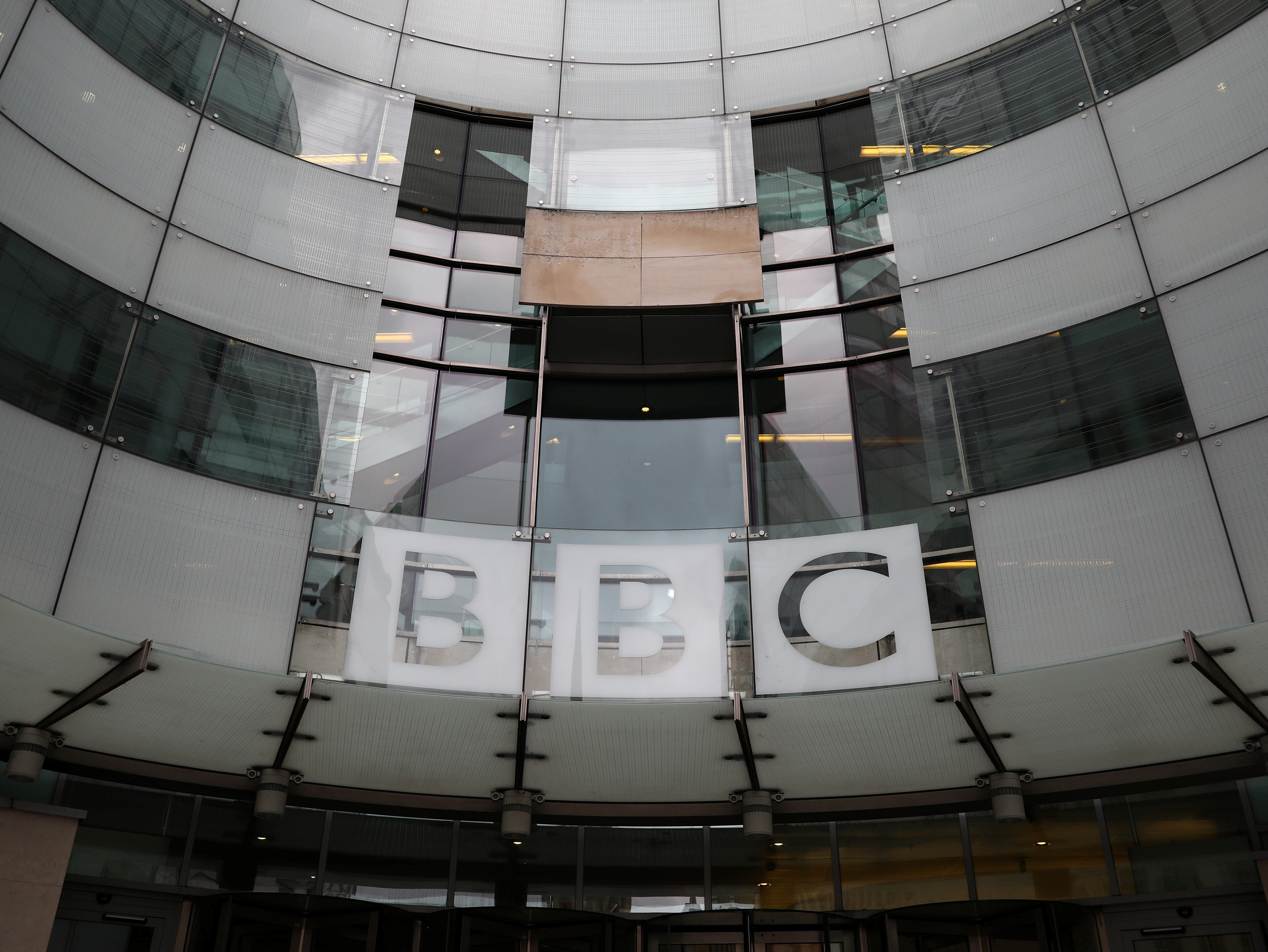
The Government is launching a public consultation on whether it should continue to be a crime to evade paying the TV licence fee, which can result in a fine of up to £1,000.
Culture Secretary Nicky Morgan said “the time has come to think carefully” about making sure the licence fee “remains relevant” at a time when TV audiences are shifting to digital platforms.
From April the Government will also bring in a new flexible payment scheme for the TV licence, allowing viewers to spread payments of the annual fee – which is rising to £157.50 – over instalments.
The Simple Payment Plan will help those struggling to pay the fee, including those over 75. Free TV licences for over-75s were cut last year after the cost of providing them was shifted to the BBC.
There were around 26m TV licences being used in the UK last year, generating an annual income of £3.69bn for the BBC.
In 2018 more than 121,000 people were convicted and sentenced for evading paying their TV licence and issued with an average fine of £176.
Prime Minister Boris Johnson raised questions over the BBC’s funding model during last year’s general election campaign, saying the licence fee was “effectively a general tax”.
It prompted a defence of the licence fee from BBC director-general Lord Tony Hall, who said the broadcaster’s success lies in it “being paid for and owned by the British public”.
Baroness Morgan said: “As we move into an increasingly digital age, with more and more channels to watch and platforms to choose from, the time has come to think carefully about how we make sure the TV licence fee remains relevant in this changing media landscape.
“Many people consider it wrong that you can be imprisoned for not paying for your TV licence and that its enforcement punishes the vulnerable.”
The Government is seeking views on whether it should proceed with the decriminalisation of TV licence evasion and replace it with an “alternative enforcement scheme”, as yet unspecified.
It said it would make clear that this could have an impact on BBC funding.
If the Government decides to remove the criminal sanction it said it will consider the impact of the change in the context of the overall licence fee settlement, with negotiations beginning later this year.
Any change to the licence fee would not come into effect until April 2022.
Digital, Culture, Media and Sport Committee chairman elect Julian Knight MP said the plans “mark a significant shift in the broadcasting landscape, with major implications for the future of the BBC”.
He added: “With negotiations on its funding due to start later this year there’s a need for an urgent and open conversation about how people consume media and how they should pay for it.
“As chairman I’ll be urging the DCMS Committee to take the lead on steering the BBC towards a new and sustainable funding model which ensures the most vulnerable in our society do not lose out.”
A BBC spokesperson said a “detailed Government-commissioned review” found the licence-fee funding model to be “the fairest and most effective”.
“It did not recommend change – in part because the current system is effective in ensuring payment with very few people ever going to prison.
“For example, the most recent annual figures show only five people in England and Wales were jailed for not paying court fines. So there is a question about what issue this repeat consultation is trying to solve.
“Of course it is important that any system commands public respect and we hope that any debate about the future is based on the evidence. And if there are changes, they must be fair to law abiding licence fee payers and delivered in a way that doesn’t fundamentally undermine the BBC’s ability to deliver the services they love.
“We have a settlement agreed with the Government and any substantial changes to the BBC’s income should be considered as part of the next licence fee settlement.”
Baroness Morgan is expected to step down as Culture Secretary in a Cabinet reshuffle due to take place this month.
Picture: Reuters/Neil Hall
Email pged@pressgazette.co.uk to point out mistakes, provide story tips or send in a letter for publication on our "Letters Page" blog
